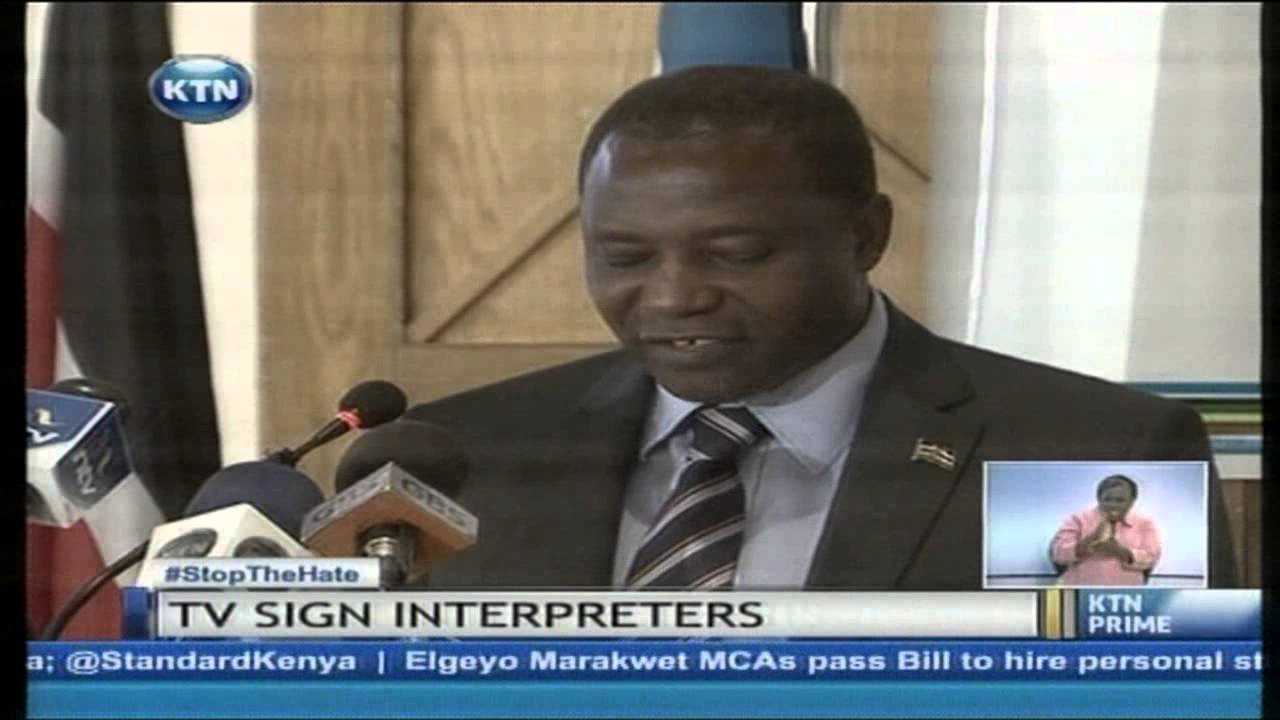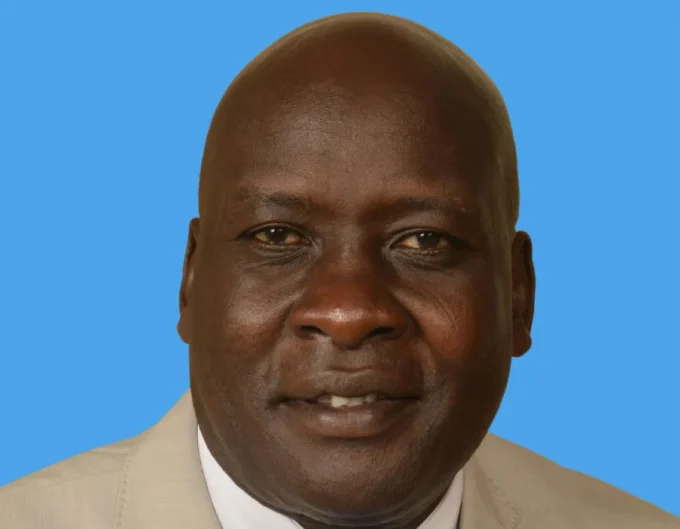Kenya’s Free to Air (FTA) television stations have begun implementing the Programming Code, which took effect on July 1, this year.
Though the Communications Authority of Kenya acknowledges the stations are facing challenges in implementing provisions on local content, all the major broadcasters have already adhered to the requirement to have sign language interpreters.
Though some stations already had sign language interpreters who came on set during prime time news and other major broadcasts, now, they are required by law to provide sign language interpretation for news programming, emergencies and events of national importance to promote access to information for persons with disability.
RELATED >> TVs struggle to meet local content quota
On content, TV broadcasters are expected to meet the 40 percent local content quota within the first year, and 60 percent within the fourth year upon commencement of operations.
This is aimed at stimulating growth of the local film industry. The code also prescribes the minimum amount of airtime to be devoted to local content, which CA says is in line with chapter 11 of the Constitution, which recognises culture as the foundation of the Nation and as the cumulative civilization of the Kenyan people.
Broadcasters flouting the provisions of the Code will be liable to a penalty ranging between Ksh500,000 to 0.2 per cent of their gross turn over.
SEE ALSO >> Tension as KISS and Radio Jambo presenters fired
CA Director General Mr Francis Wangusi says the code, which was developed through a consultative process, mainly seeks to protect the interests of consumers, particularly children and minors from inappropriate content during the watershed period.
The code requires radio and TV broadcasters to transmit programming that is appropriate for family audiences during the watershed period, which runs from 5:00a.m to 10:00p.m.
‘‘Licensees are, therefore, discouraged from airing content that depicts or contains scenes that are rated by the Kenya Film Classification Board as adult, or are of a language intended for adult audiences during the watershed period,’ said Mr Wangusi when announcing the coming into force of the Programming Code last week.



















































![Pula Co-Founders and Co-CEOs, Rose Goslinga & Thomas Njeru. Pula provides agricultural insurance and digital products to help smallholder farmers manage climate risks, improve farming practices and increase their incomes. [ Photo / Courtesy ]](https://businesstoday.co.ke/wp-content/uploads/2021/01/Pula-Co-Founders-and-Co-CEOs-Thomas-Njeru-Rose-Goslinga.jpg)



























































Leave a comment